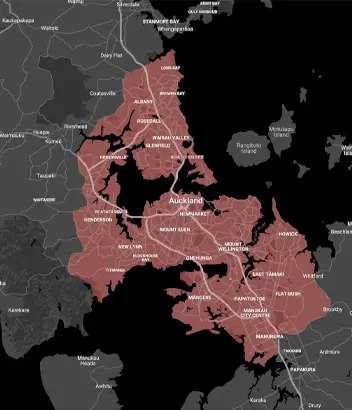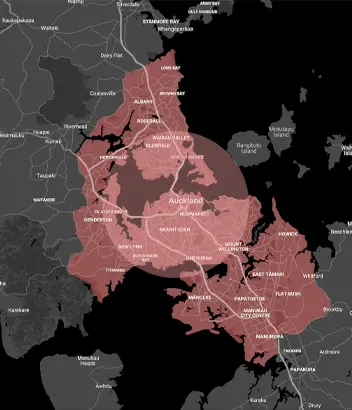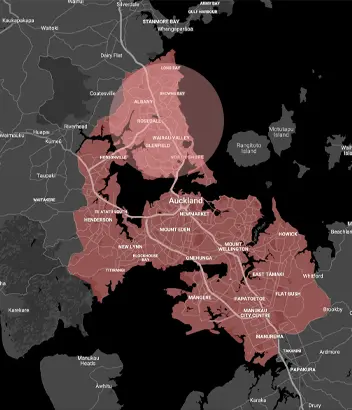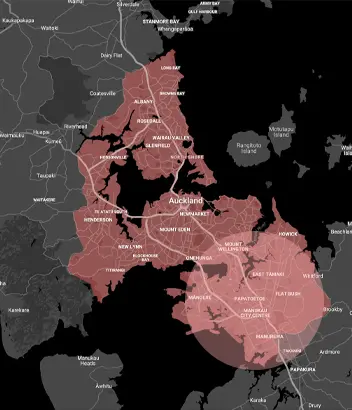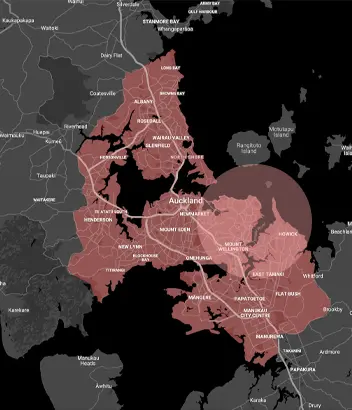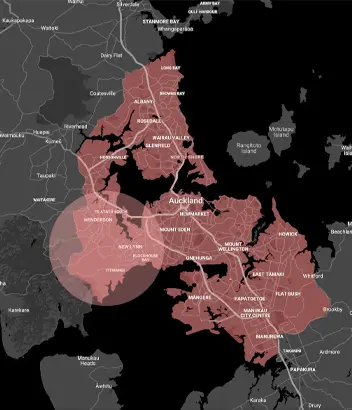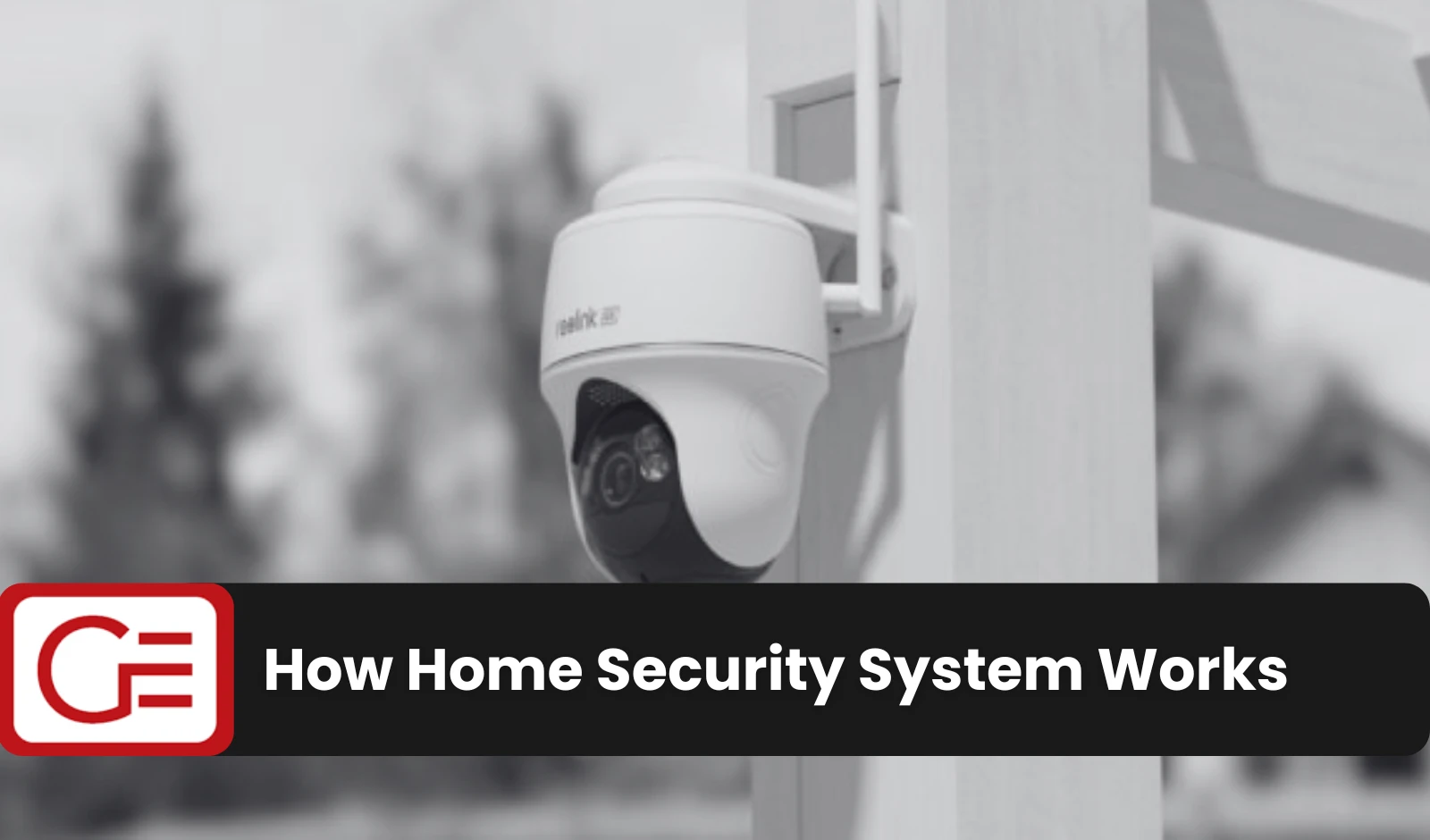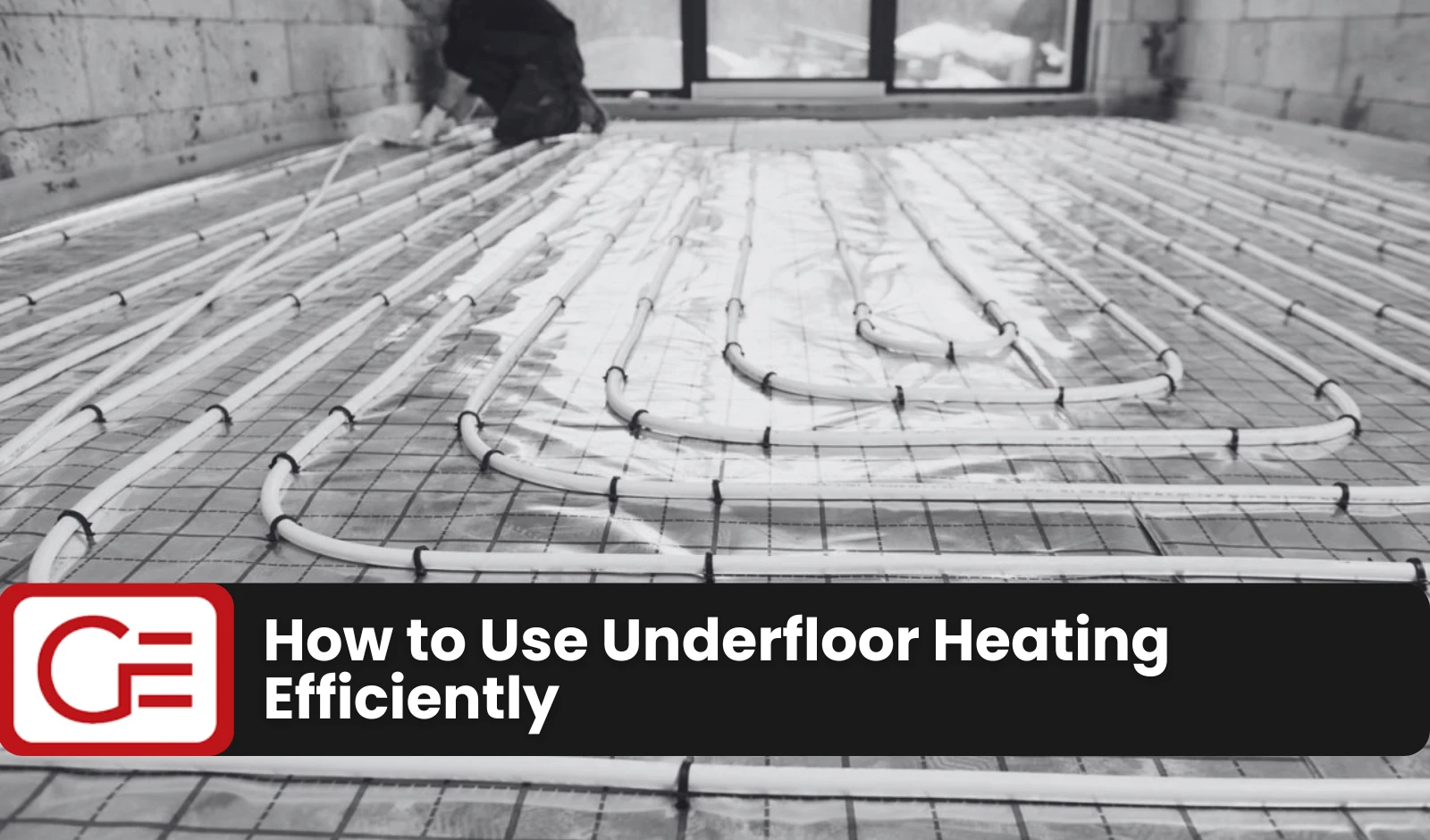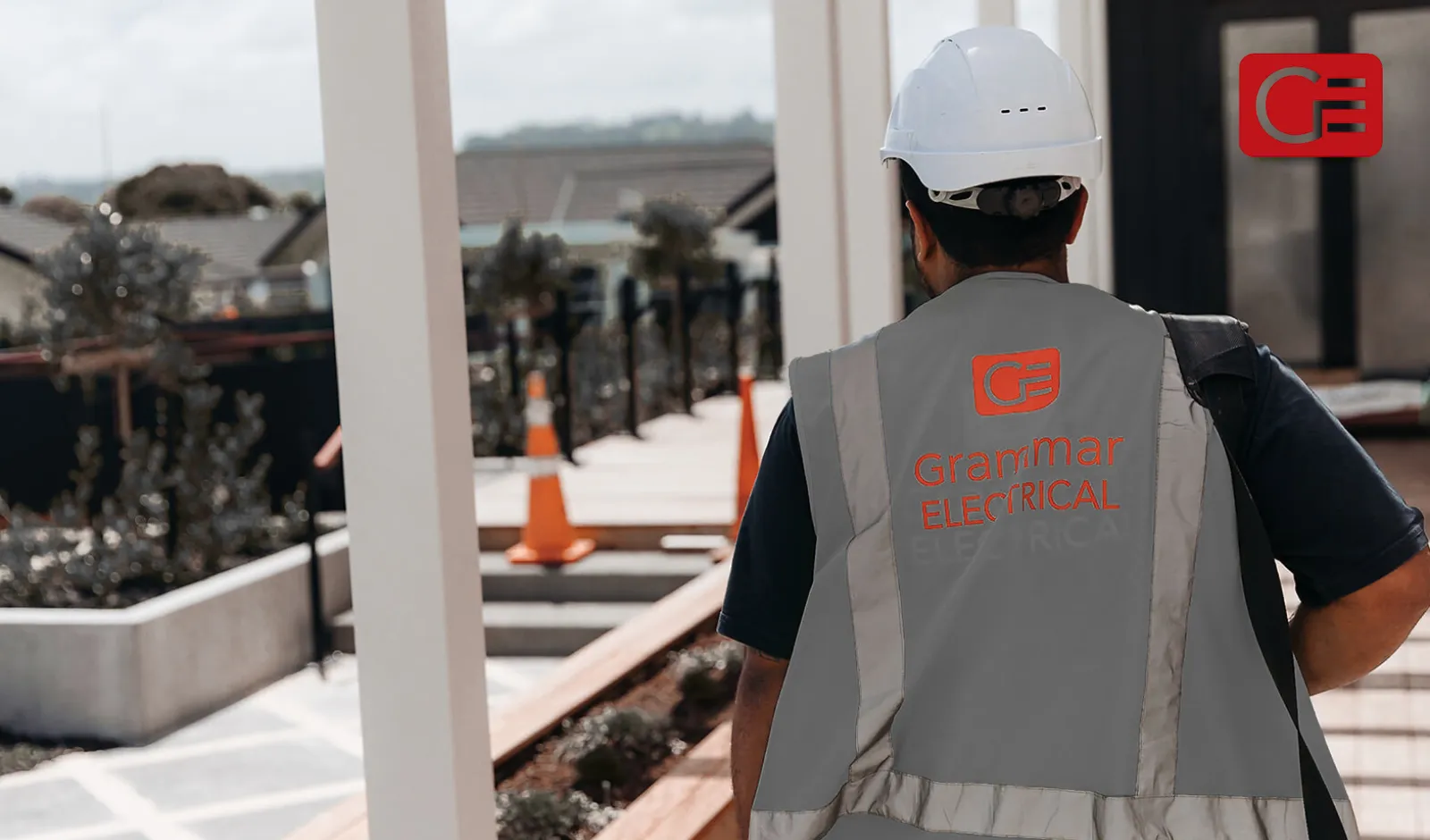

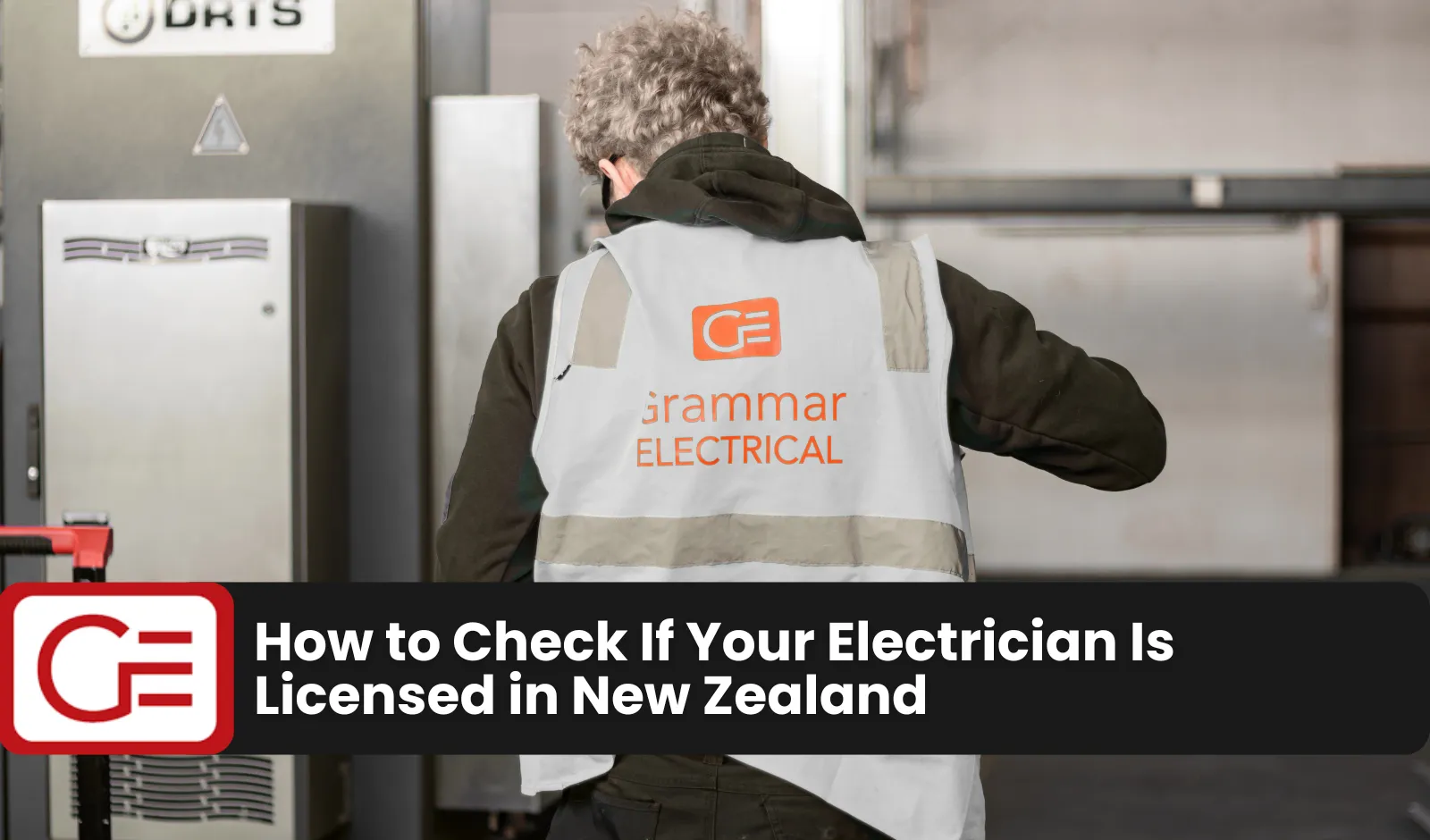
Many homeowners and business owners assume their electrician is qualified, but it’s always important to check. Hiring a licensed electrician not only protects your property, it also ensures that the work is legal, safe, and backed by industry guarantees.
At Grammar Electrical, we fully license and register all of our electricians through the Electrical Workers Registration Board (EWRB). We believe you deserve peace of mind knowing that your electrical services are handled by professionals who meet the highest safety standards.
This guide will explain why licensing matters, how to verify credentials, and what to avoid when choosing an electrician in New Zealand.

Why It’s Important to Hire a Licensed Electrician
Choosing a licensed electrician is more than just ticking a box, it’s about your safety and security. Here’s why it matters:
- Safety first: Licensed electricians are trained to handle electrical hazards, live electrical systems, and even high voltage jobs while following strict Health and Safety regulations. They know how to assess risks, use the correct protective equipment, and work safely to prevent fires, electric shocks, or serious accidents.
- Compliance with the law: In New Zealand, many types of electrical work can only be done legally by licensed professionals. Hiring unlicensed workers could void your insurance and cause legal issues.
- Quality workmanship: Licensed electricians issue compliance certificates to prove their work meets New Zealand’s Electricity (Safety) Regulations 2010 and national safety standards. This gives you documented proof that the job is completed correctly, safely, and in full compliance with the law.
- Peace of mind: With guarantees and insurance in place, you’re covered if something goes wrong later on.
What “Licensed” Really Means in New Zealand
In New Zealand, electricians are regulated by the Electrical Workers Registration Board (EWRB). This board ensures that every electrician meets the required training, testing, and practice standards before they are allowed to work.
A licensed electrician may also be a Registered Master Electrician. This membership demonstrates an even higher level of professionalism and comes with additional workmanship guarantees.
When you hire a licensed electrician, they should provide you with:
- A Certificate of Compliance (CoC) for new installations or wiring
- An Electrical Safety Certificate (ESC) for maintenance work
These certificates prove the job was carried out safely and meets New Zealand’s electrical codes.
How to Check If Your Electrician Is Licensed
If you’re unsure about your electrician, don’t worry, checking is simple. Here’s how you can do it:
- Ask for their licence number
A licensed electrician should be happy to provide their practising licence or registration number.
- Check online with the EWRB
The Electrical Workers Registration Board has an online public register. Simply type in the electrician’s name or number to confirm if they’re licensed to perform Zealand electrical work.
- Look for Master Electrician membership
Membership in professional trade groups shows additional accountability. At Grammar Electrical, our team are Registered Master Electricians.
- Ask for certificates after the job
Always request your CoC or ESC after work is done. This is your proof that the job complies with all safety standards.
- Check their company reputation
Established providers of electrical services, like Grammar Electrical, have decades of proven experience, transparent pricing, and strong customer guarantees.
Red Flags to Watch Out For
Not every electrician is upfront about their qualifications. Here are some warning signs that should make you cautious:
- They avoid giving you their license number.
- They don’t provide compliance certificates after completing work.
- They charge much lower prices than the market rate but cannot show proof of insurance.
- They insist that “experience” is enough without being licensed.
If you encounter any of these, it’s safer to stop the work and call a licensed professional instead.
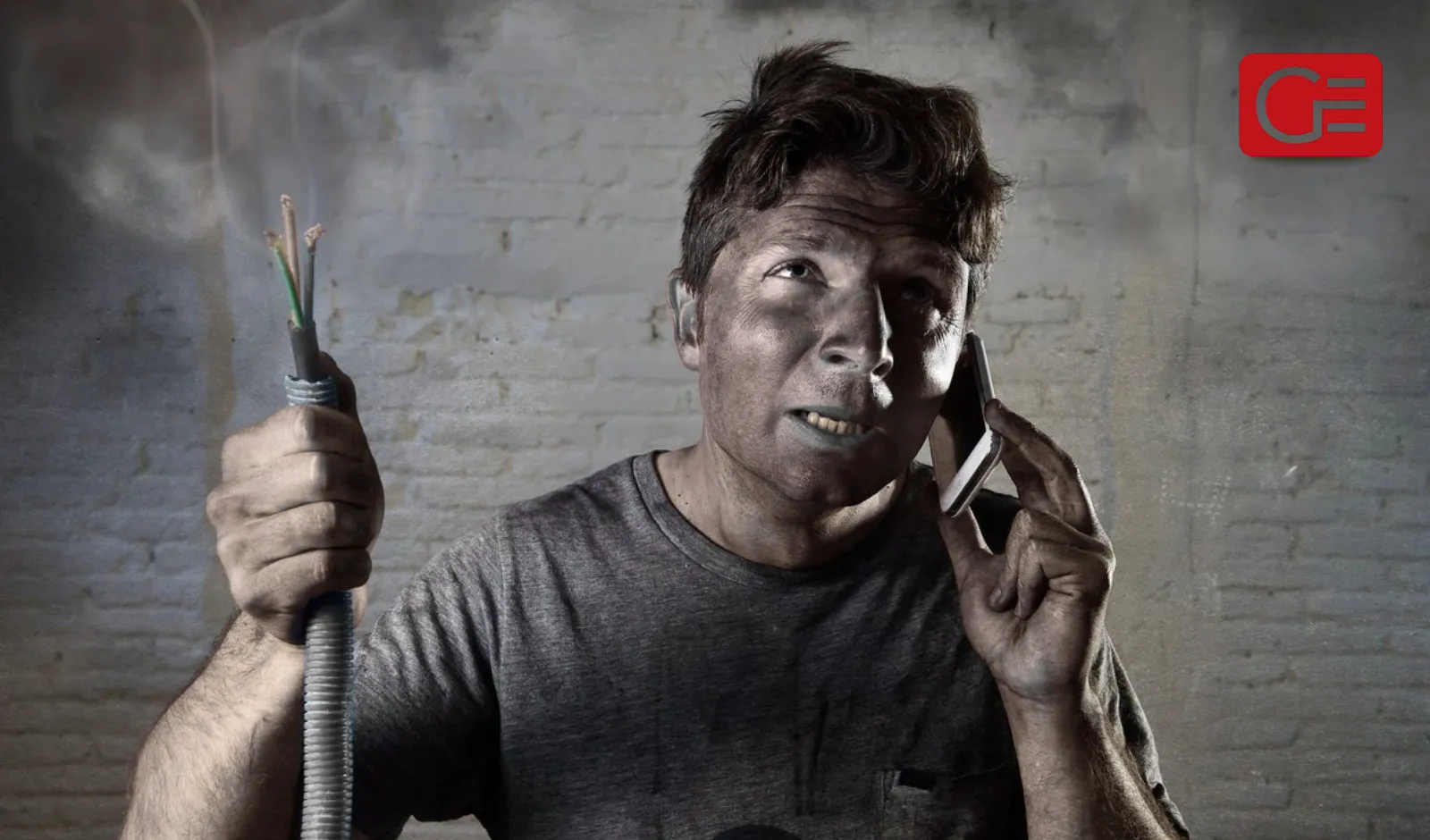
What Happens If You Hire an Unlicensed Electrician?
Unlicensed electrical work is not just risky, it’s illegal in many cases. Here’s what can go wrong:
- Safety risks: Faulty wiring or poor installations can lead to electrical hazards, electrical fires, or shocks.
- No insurance cover: Insurance companies may refuse to pay for damage caused by unlicensed work.
- No guarantees: Without compliance certificates, you have no proof that the work meets safety standards.
- Future costs: You may have to pay extra to bring faulty work up to standard.

Auckland’s Licensed Electrical Experts
Choosing Grammar Electrical means choosing a team of fully licensed professionals who meet New Zealand’s highest safety and compliance standards. Every electrician on our team is registered with the Electrical Workers Registration Board and provides Certificates of Compliance (CoC) and Electrical Safety Certificates (ESC) for qualifying work.
As Registered Master Electricians, we back our workmanship with guarantees of up to $20,000, ensuring every job is completed safely and to the highest standard. Whether it’s a small home repair or a large commercial project, you can trust us for reliable, professional service every time.
Safe. Licensed. Guaranteed.
When it comes to electrical work, hiring a licensed electrician isn’t optional, it’s essential. At Grammar Electrical, safety, compliance, and quality come first. Call us today on 09 884 6611 or book online to save $15.
Auckland’s Trusted Electricians
Fast, reliable electrical repairs, installations & upgrades - available 24/7.
Book Online & Save $15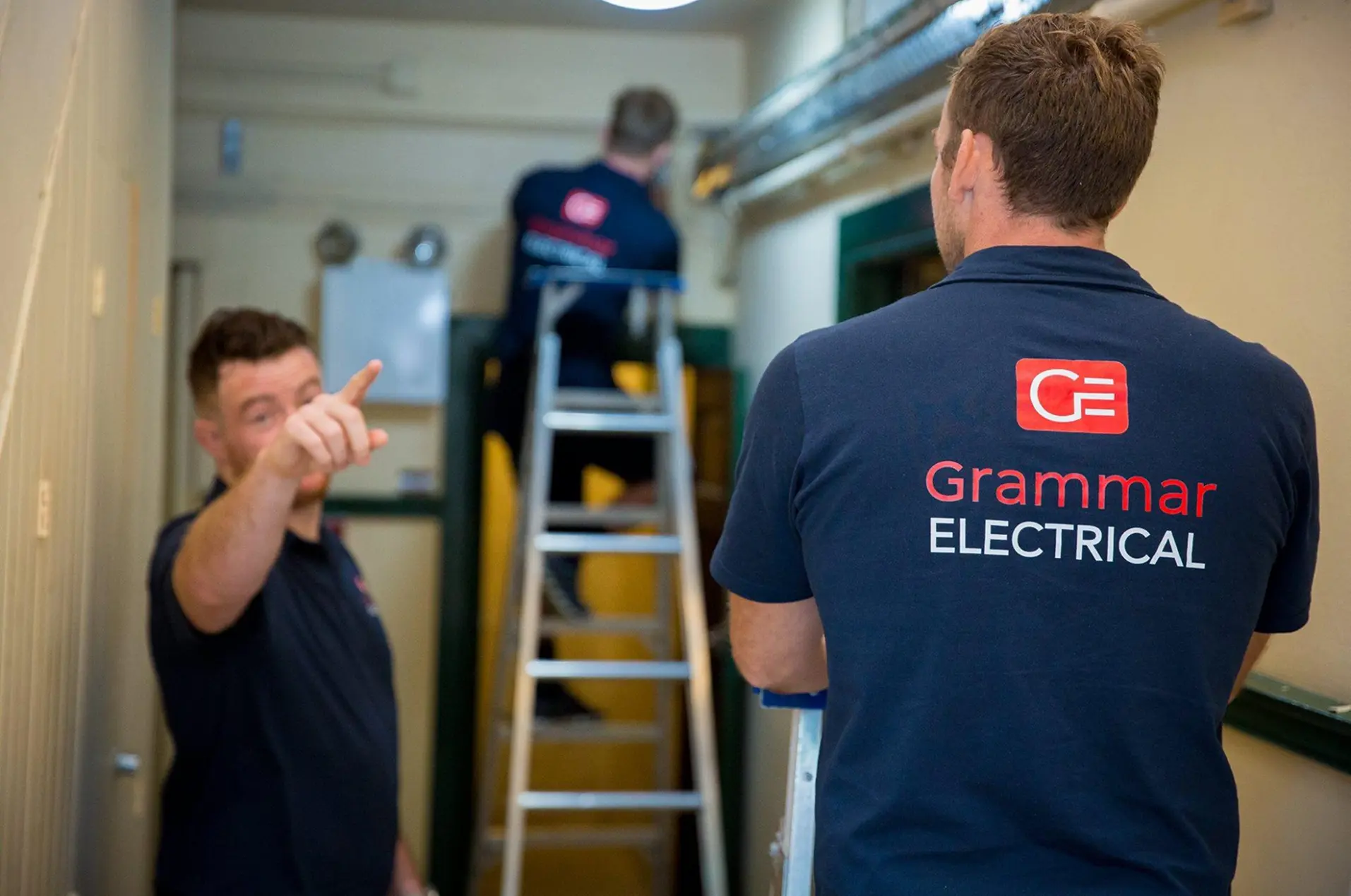
Got a question?
Contact us for a FREE installation quote or book your job online today.
Same Day Service Guarantee - Terms & Conditions

The "Same Day Service Guarantee or it's Free" applies to:
a. Residential work and Commercial only.
b. Jobs specified as needing same day service when booking a job by phone or online.
c. Residential and Commercial work booked with Grammar Electrical:
i) Before 11:00AM
ii) For calls or online bookings received after 11:00AM, the customer will be offered a job. Booking for the next business day and normal callout fees ($170+ GST) will apply.
iii) Any other jobs booked outside business hours (9:00AM - 5:00PM Monday- Friday) will incur after hours charges.
iv) This offer is excluded for jobs booked on New Zealand public holidays.
d. If Grammar Electrical are unable to attend on the same day (within 24 hours) for a job booked by the customer, the standard callout fee of $170 + GST will be waived and is free, but all other normal charges, fees and expenses will apply to perform the Electrical Services and to provide any products/materials concerning those services.
e. The Standard Callout Fee will be deducted from your bill as long as you pay within your invoice's due date. The callout charge is applicable if your invoice is overdue.
f. If Grammar Electrical are willing and able to perform the Service or provide the Goods on the same day the job is booked, however the Customer for whatever reason does not give access to their property on the day, Grammar Electrical will be deemed to have complied with it's "Same Day or it's Free" guarantee and shall be entitled to charge the customer the standard call-out fee.
g. This offer is not a guarantee of work being completed. The completion of the job will depend on stock availability and also the amount of work required.















